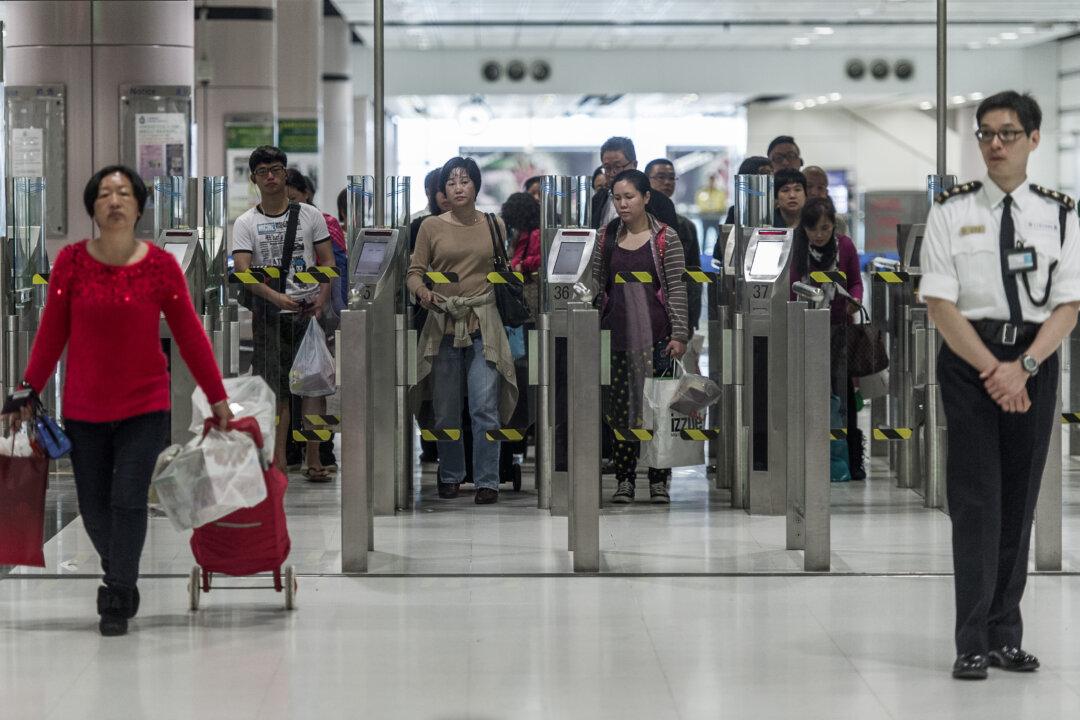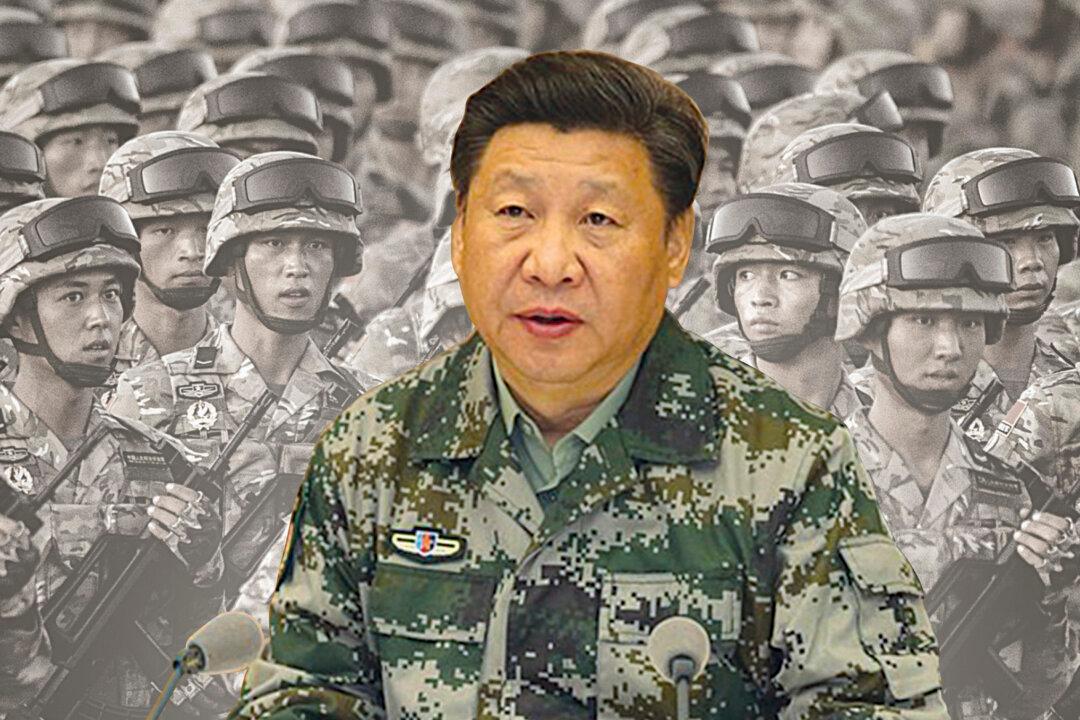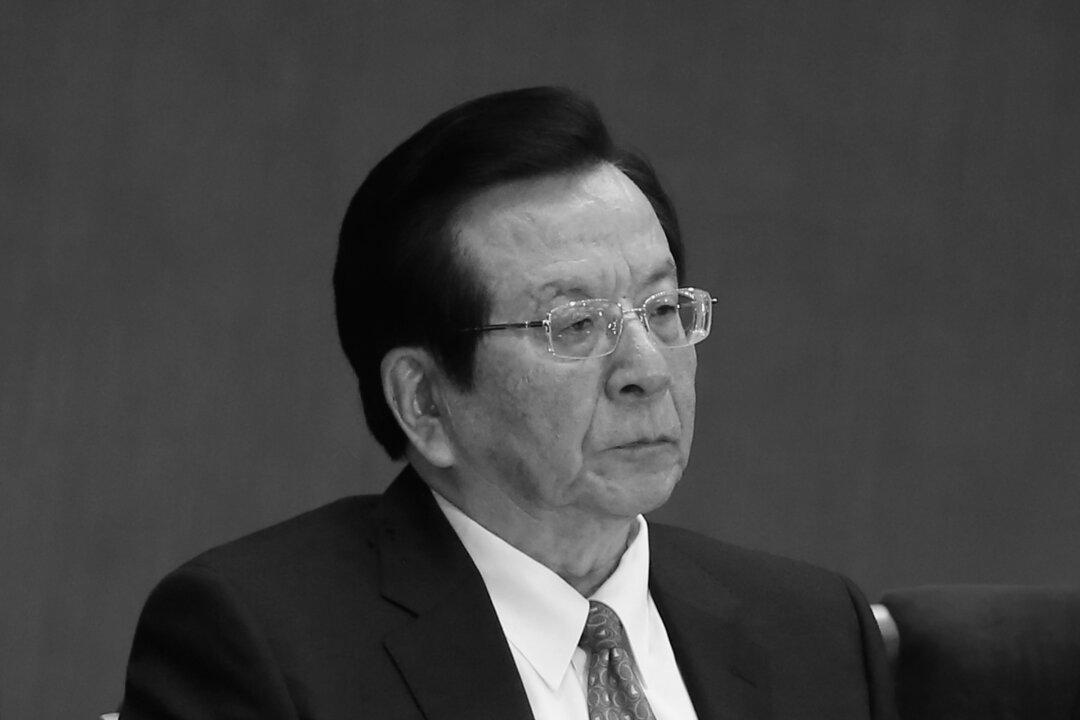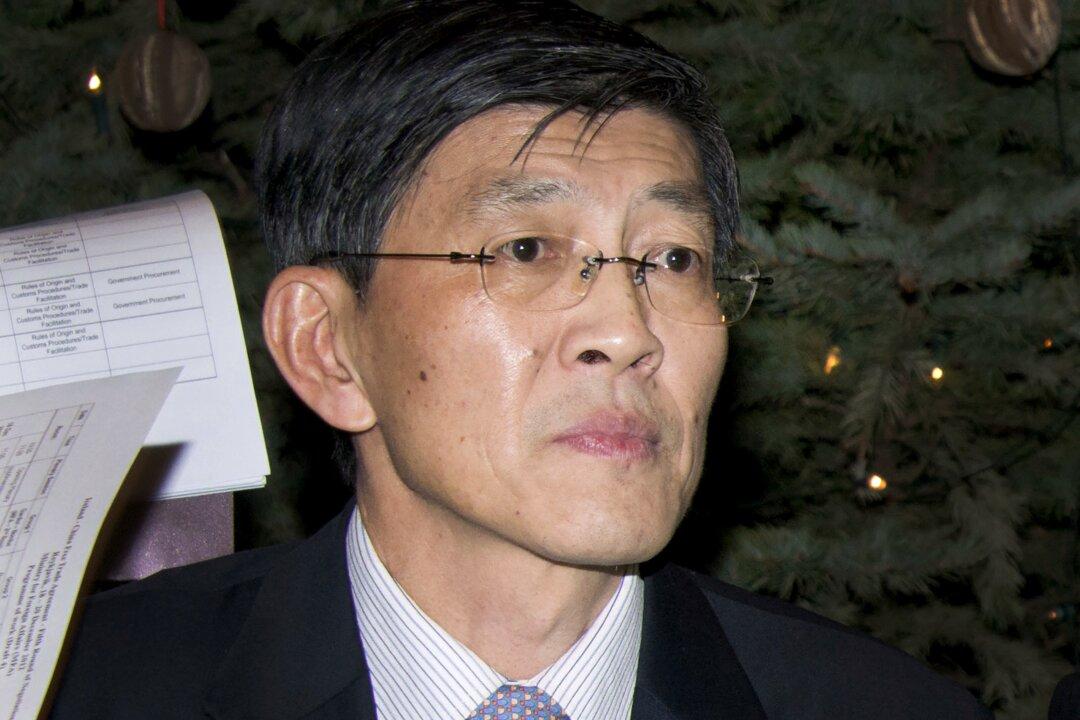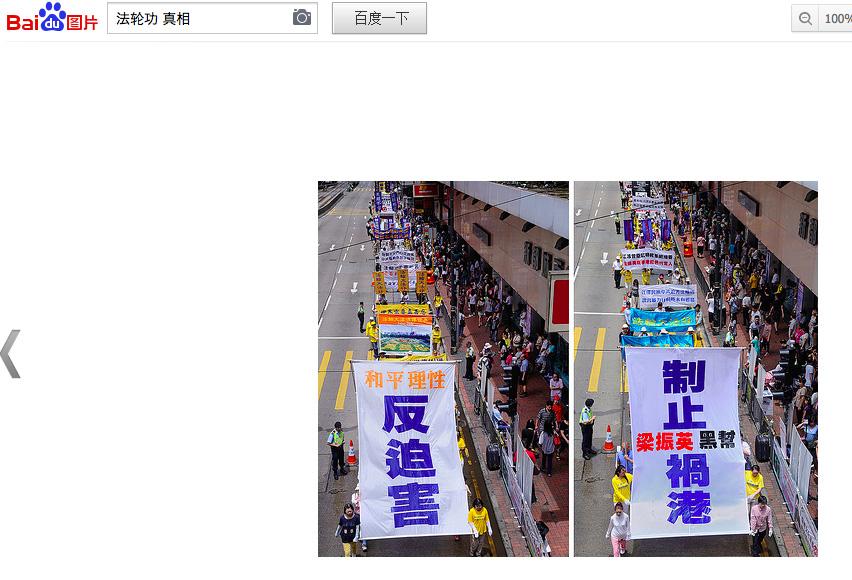The June issue of Hong Kong’s Cheng Ming magazine reports on a Chinese Communist Party (CCP) internal document that determines how the black list is created that prevents expatriate Chinese from returning to China and Chinese inside China from leaving.
The magazine describes the CCP’s latest draft of the “regulation code for internal control and border entry and exit” as a document full of the categories, sub-categories, and jargon that CCP bureaucrats love to clutter their paperwork with.
For instance, the document sets up three categories of restrictions on entering and leaving China: those forbidden in all situations; those forbidden “temporarily”—i.e., for no specific time period; and those forbidden for a specified time period.
The document lists three groups of people whose entering or exiting China is restricted.
The first group includes five categories of “internally controlled” people with access to classified information and those the CCP sees as a threat to its power. Someone is internally controlled if they are inside China and the CCP has command over them.
This group includes people working with the CCP or the state, or in military systems, and people listed as being involved in “dangerous actions.”
The second group includes “internally monitored” foreign organizations and individuals and activists in exile. Internal monitoring refers to the CCP monitoring organizations and individuals either from inside China or from its consulates around the world.
This group also has five categories, such as “organizations, groups, and key members with the purpose to oppose, subvert, or be hostile to China and the CCP.” These are not allowed to enter China.
The document’s third group covers organizations, groups and individuals from Hong Kong, Macao, and Taiwan who are not allowed to cross the border or enter China.
According to the Cheng Ming article, between 32 and 45 organizations and groups and 260 to 330 individuals from Hong Kong, Macao, and Taiwan are being internally monitored.
According to the New York-based Chinese-language website Boxun, there was a clash last year at high levels of the CCP over the issue of allowing expatriate Chinese to return to China.
In an April 2012 article, Boxun reported that then Chinese Premier Wen Jiabao had suggested allowing a group of students who had been exiled since June 4, 1989—the date of the Tiananmen massacre—to return home.
Wen said these students had been in exile for over 20 years and never allowed to return home, not even for their parents’ funerals. This is quite unreasonable and inhumane, Wen said, according to Boxun.
Zhou Yongkang, the former state security head, was unhappy about Wen’s recommendation, but could not directly oppose Wen, Boxun reported. So, with the excuse of “maintaining stability,” Zhou drew very strict screening criteria and developed a black list of several hundred people who are absolutely forbidden to enter China.
Liu Yinquan, chairman of the Los Angeles-based Anti-Political Persecution Alliance of China, has initiated a “return home movement.” He has applied multiple times for his Chinese passport extension, but has been unable to obtain it. He told Voice of America this January that according to Chinese law, there is no reason to refuse to renew the passports of Chinese citizens.
“This is illegally depriving us of our nationality, and, strictly speaking, this is a crime, forcing us to join a foreign nationality,“ Liu said. ”They do not renew your passport, making you unable to travel the world and unable to return China. Yet, in turn, they will use our giving up our Chinese nationality and obtaining American citizenship as an excuse to say the United States is interfering with China’s internal affairs.”
In April 2012, the 93-year-old mother of renowned Chinese poet and dissident Huang Xiang became ill and died in Jiangxi, China. The wife of Huang—Zhang Ling—had her visa application refused by the Chinese consulate in the United States, and she was unable to make the trip on her ailing husband’s behalf.
Zhang Ling told The Epoch Times that Huang was already over 70 years old and had been in jail six times in mainland China. She was concerned that he would not be able to withstand the trip, and so Zhang decided to go on his behalf. Her visa application was refused by the Chinese Consulate for the reason of “no reason,” Zhang said.
Zhang works at a U.S. university and is a naturalized U.S. citizen. The Chinese Consulate told her, “You are an American, denying your entry is China’s sovereign right.”
Translation by Quincy Yu. Written in English by Gisela Sommer.
Read the original Chinese article.
